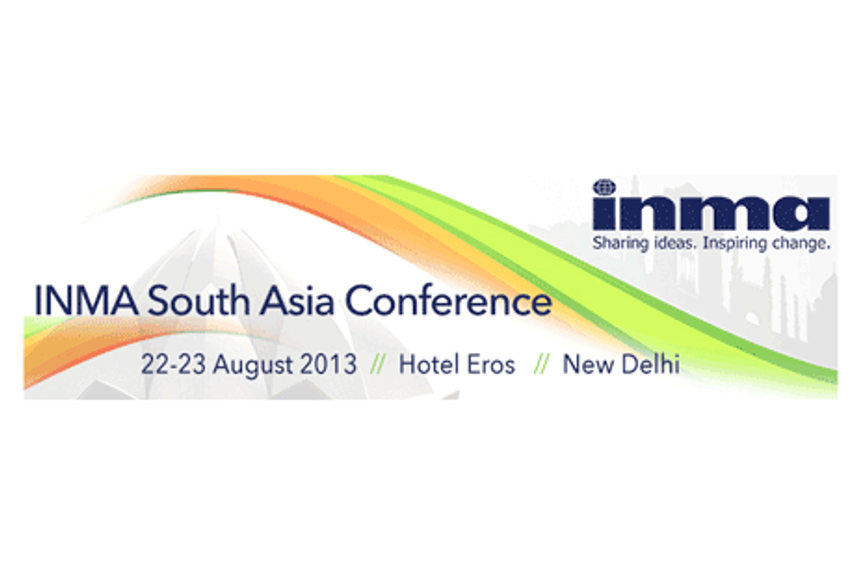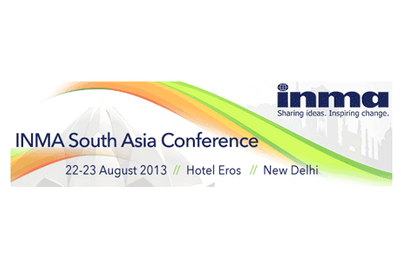
The seventh edition of International News Media Association South Asia conference currently underway in New Delhi saw speakers discussing challenges and opportunities in the digital age, in line with the conference theme ‘Print: Thriving in the age of digital’.
Sanjay Gupta, president, INMA South Asia division, and CEO, Jagran Group, underlined that in the context of economic slowdown, devaluation of the Indian rupee, questions on FDI and other challenges, Indian newspapers needed to find ways to be efficient and innovative. He said, “Indian news industry is hybrid print and digital industry and we need to learn from the debacle of the Western markets. Yes, appetite for credible news will always be there not matter what the distribution platform is.”
Arunabh Das Sharma, INMA South Asia director, and president, BCCL, concurred, noting that print and digital do not share an adversarial relationship. Addressing the ‘myth’ on print circulation, he said that it has improved in several parts of the world in the past five years. He further said, “The print and digital combination from a media house is viewed by the reader as a utility across platforms; by advertiser as a solution; to all we are a brand and to the powerful, we are a voice. Since people do not switch en masse, and every media platform becomes an archetype, it is important that publishers incorporate various media into a solution.”
Gupta ceded that one challenge for publishers is to monetise the mobile medium, where audience is increasingly moving.
Don't ape the West
Lending a different perspective, Rama Bijapurkar, market strategy consultant, spoke on ‘A never before world’ - about understanding the logic of ‘Consumer India’ (which incidentally is also the name of her book). She said that media in India needs to adjust its market strategy since the country is a combination of various small ‘Indias’. She explained, “We cannot copy wholesale models from the West or from elsewhere. It is important that the game being played and the playfield are relevant to Indian consumers. India is not (what) America (was) 20 years ago (nor will it be like America 20 years hence).” She underlined that an evolved India is not the same as the evolved Europe and America we know, and will never be.
She also spoke about the present being the ‘golden age of segmentation’ and the rise of the rural India. She said, “Half of rich India lives in rural India and most of the poor India also lives in rural India.”
To media and marketers who believe ‘one size fits all’, she pointed out that large masses of emerging consumers ensure that ‘what is niche is not necessarily tiny’. She added, “And this should be profitable.”
She advised the media to create customer-relevant brands that can emotionally connect with readers. “My favourite brand will have to be Disney. They created characters that became brands, and then they monetised it through franchising.” She also addressed business cycles followed by media houses and said, “The larger opportunity is to enable affiliations in a world where consumer is way ahead of the supplier.”
The two-day INMA conference in New Delhi concludes on 23 August.
Also read:
INMA South Asia conference: ‘Any company that doesn’t have financial leverage will fail’



.jpg&h=334&w=500&q=100&v=20250320&c=1)



.jpg&h=334&w=500&q=100&v=20250320&c=1)
.jpg&h=334&w=500&q=100&v=20250320&c=1)


.jpg&h=334&w=500&q=100&v=20250320&c=1)


.jpg&h=268&w=401&q=100&v=20250320&c=1)





